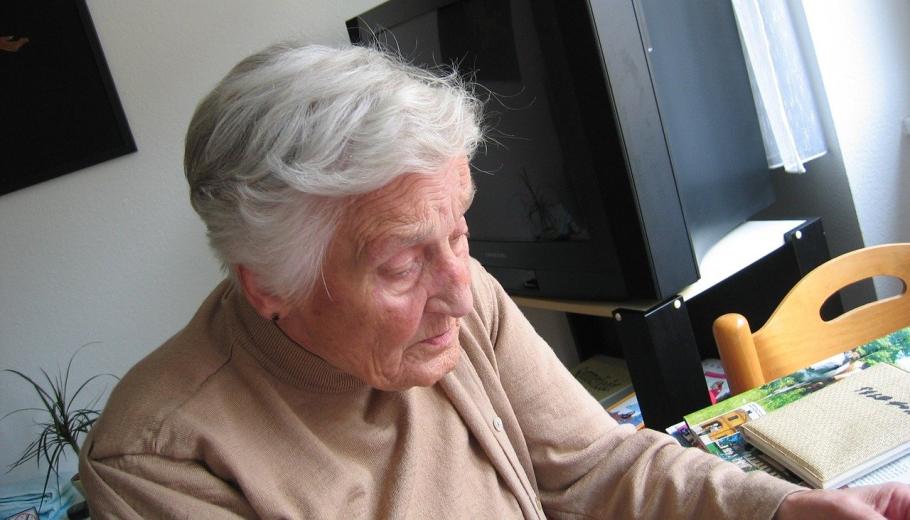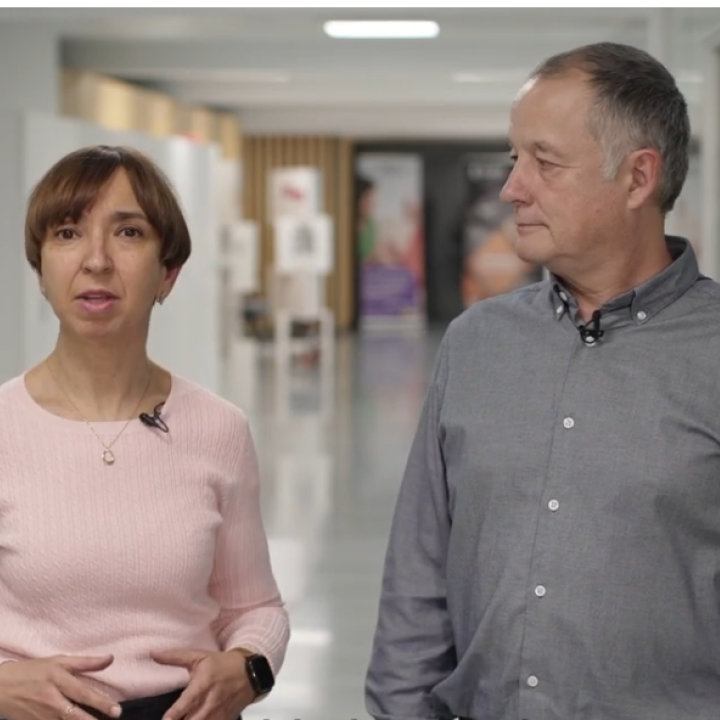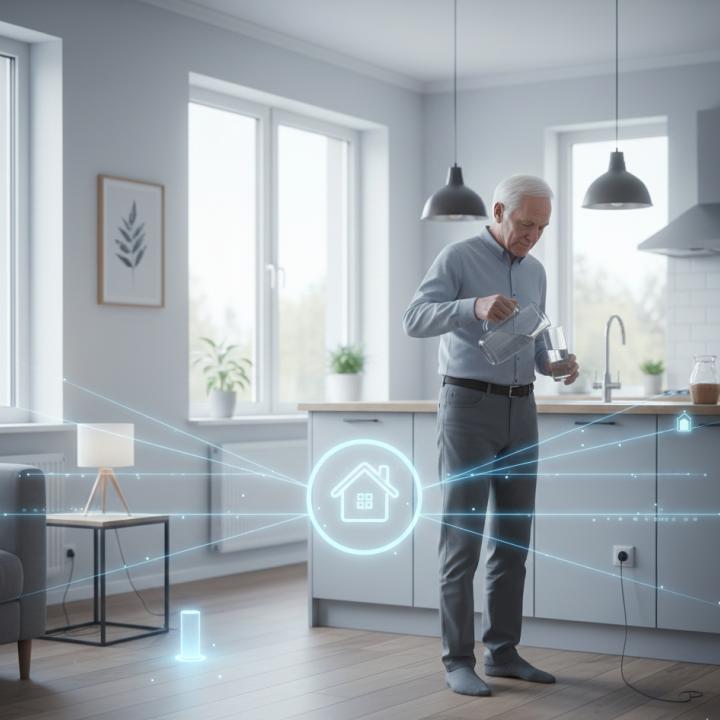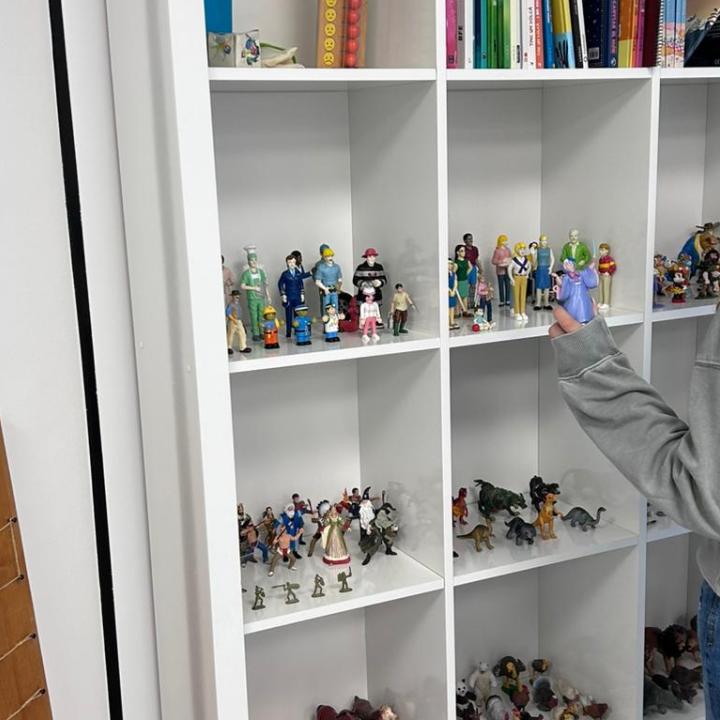The University of La Salle Campus Barcelona, the Institute for Biomedical Research of Girona Dr. Josep Trueta (IDIBGI) and Suara Cooperativa have received funding from the Center for Industrial Technological Development (CDTI) of the Ministry of Science and Innovation to design a joint initiative that will improve the lives and care of the elderly at home.
The collaboration allows to design and initiate a comprehensive solution in the social and health field that will help advance research in new technologies to solve real challenges. The SuaraMap project will identify behavior patterns of older people in their home and personalize their care.
The joint initiative involves drawing an acoustic map through the integration of sound levels in order to identify the behavior and habits of the person in their home. To do this, a network of acoustic sensors is used: the signal of the sensors is measured and processed with an algorithm to graphically represent a sound map of the house.
The alliance plans to conduct a pilot test in a real environment to identify patterns of behavior in the home and establish a technology base to develop an active monitoring product, to support professional teams and family that care for the elderly in their home.
Active monitoring could detect risk situations, identify decreases in functional performance or changes in patterns of activities of daily living suggestive of a deterioration in cognitive and/or functional abilities associated with frequent neurodegenerative diseases in aging such as Alzheimer's disease.
This triple collaboration for the development of innovative solutions opens up new fields for research and the incorporation of technology in the care of people at home.
About the promoters of the project
La Salle Campus Barcelona, founding member of Ramon Llull University (URL), participates through the Media Technologies Research Group (GTM), a recognized group of URLs, which aims for a more natural and comfortable interaction that breaks down barriers between humans, machines and their environment. Commitment to new technological solutions for the challenges in health, smart cities, transport, sustainability and industry 4.0. It has a multidisciplinary team of approximately 30 researchers specializing in acoustics, interaction, processing and application of artificial intelligence to signals.
The Girona Biomedical Research Institute (IDIBGI) belongs to the network of CERCA centers of the Generalitat de Catalunya, and whose purpose is to promote, develop, manage, transfer and disseminate biomedical research, scientific and technological knowledge, teaching and training in the field of life and health, mainly around Girona. The Research Group on Aging, Disability and Health (EDIS) is a group recognized by the IDIBGI and accredited by the Agency for the Management of University and Research Grants of the Generalitat de Catalunya.





